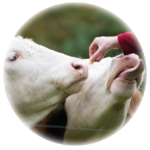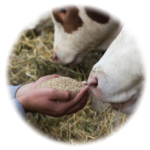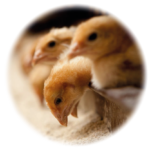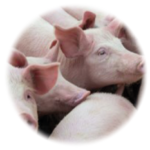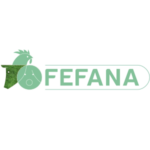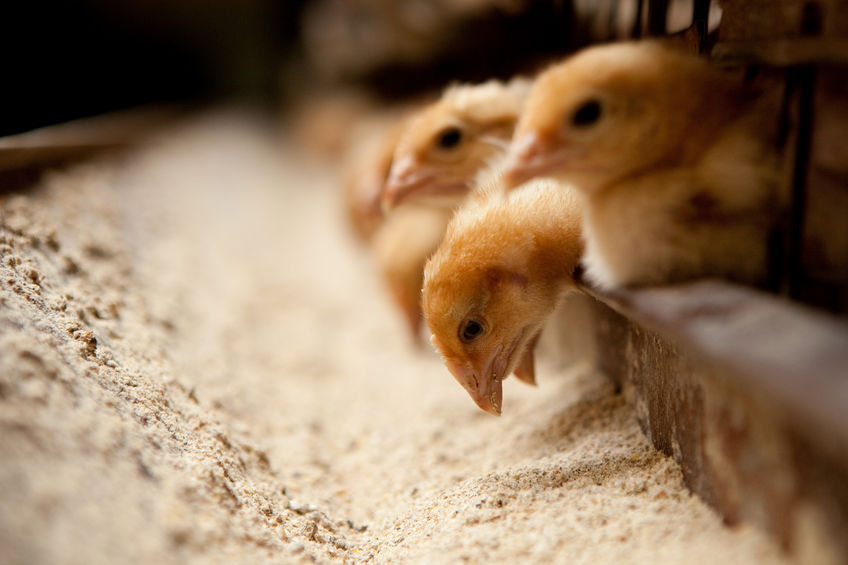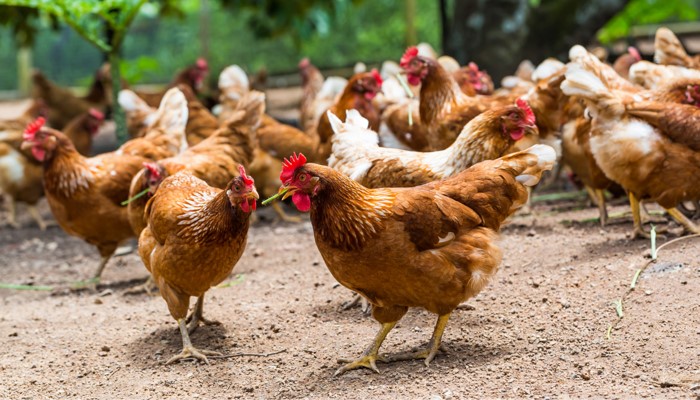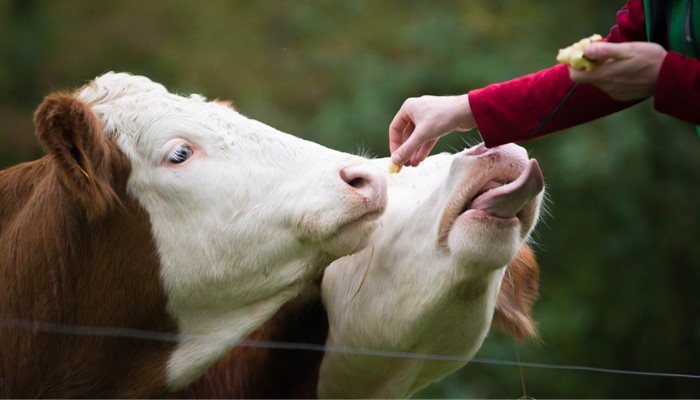
SENSORY ADDITIVE
[ANIMAUX D'ÉLEVAGE] INGRÉDIENT & ARÔME FONCTIONNELOUR NEUROSENSORY ADDITIVES
Sensory additives can impact animal behaviour in a number of different ways.
Our scientific research has enabled us to develop specific sensory formulations aimed at meeting new challenges in livestock farming, including both animal behaviour and well-being. Sensory molecules have amazing properties; find out how they can contribute to improving the overall health of animals for optimised production conditions.
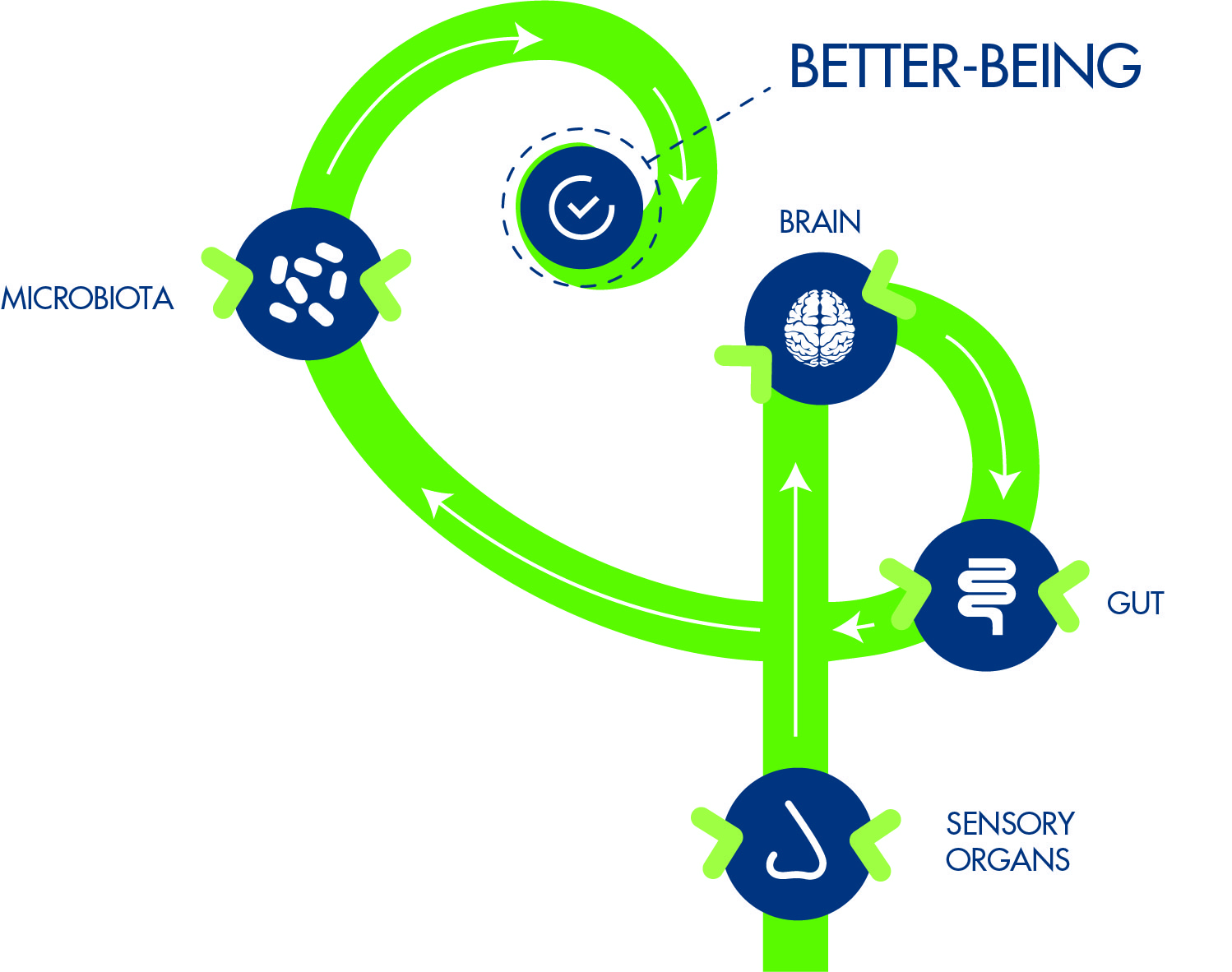
WHAT ARE THE BENEFITS OF OUR SENSORY ADDITIVES FOR LIVESTOCK?
Animals are highly sensitive to the smell and taste of feed. Variability of raw materials, poor tasting nutritional compounds and feed transitions are all common challenges in the livestock production cycle. To meet these challenges, we have developed several ranges of neurosensory products aimed at ensuring good feed intake</strong >by acting on the feed’s organoleptic profile.
HOW ARE OUR SENSORY ADDITIVES FOR ANIMALS FORMULATED?
Formulation starts with the identification and selection of the aromatic active ingredients that are used in the sensory additives. At Phodé, we have 25 years of experience in the selection, sourcing and formulation of sensory solutions. Our expertise is based on scientific studies conducted by our research and development team, and all our formulations are developed and tested in our laboratories. Once the formulas have been approved, industrial production takes place at our site in Albi. We control the entire manufacturing process for our products, guaranteeing the very highest product quality irréprochable.

Sourcing

Made In Tarn

SAFETY AND QUALITY
WHAT ARE SENSORY ADDITIVES?
Sensory additives are ingredients used in animal feed. In Europe, Regulation (EC) No 1831/2003 governs the conditions for their authorisation and use. There are various categories of additives with different characteristics. As their name suggests, sensory additives appeal to the senses :
- smell,
- taste, etc.
They are mainly formulated on the basis of and plant compounds. Sensory additives are added in very small quantities to feed.
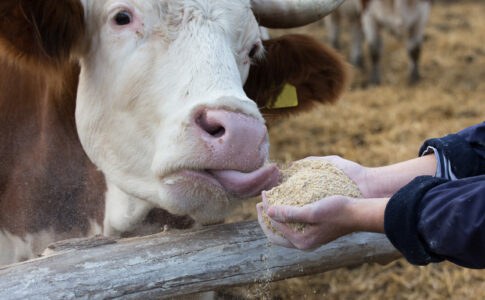
DO SENSORY ADDITIVES POSE HEALTH RISKS TO ANIMALS?
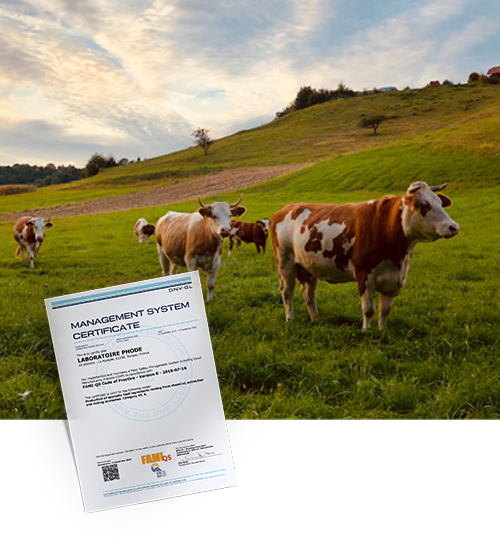
The regulatory framework governing the use of additives is very strict. The sale of additives and functional ingredients is authorised by the European Commission on the basis of a scientific evaluation by the EFSA (European Food Safety Authority), guaranteeing animal, human (consumers of milk, meat, eggs and fish, and operators working in factories) and environmental safety.
For manufacturers, FAMI-QS certification is the worldwide leading safety and quality system for specialised animal feed ingredients and their mixtures. The FAMI-QS programme was the very first to ensure the safety, quality and regulatory compliance of ingredients, and remains the only certifiable scheme for this sector.
OUR PARTNERSHIPS
DISCOVER OUR ARTICLES
FEED ADDITIVES: CAN WE REALLY DO WITHOUT THEM?
The development of the use of feed additives is closely linked to the industrialisation of animal production. The increasing specialisation of production units and economic…
AVIAN FLU, POULTRY CONFINED!
Each episode of bird flu in Europe reminds us that France is the country of the open air! In poultry production, 38% of layers, 17% of poultry…
LIVESTOCK AND PLEASURE FROM EATING: ANTHROPOMORPHISM OR REALITY?
Do livestock take pleasure from eating? Is this just a fad, linked to anthropomorphism and the social notion of eating? Can the pleasure of eating


